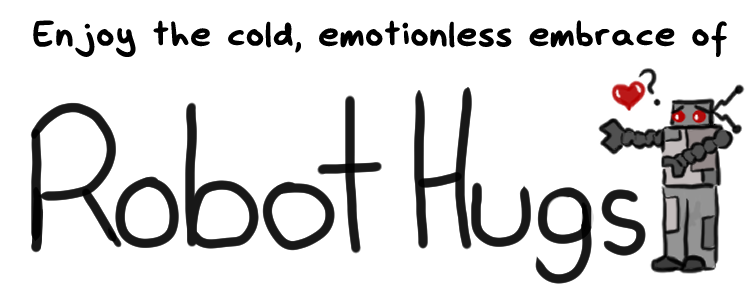
So, information about is is always being tracked and recorded and analyzed.
That's right.
So what can we control about our information?
Well, we do get frequent opportunities to self identify. That's where we actively provide information about ourselves to systems. This potentially gives us the power to create and shape 'our' information.
The questions that we're being asked shows a lot about what kinds of people the system wants to track, and what it wants to know about them.
a/s/l?
Describe your ethnicity:
I'm a _____ seeking a ______
Monthly grocery budget:_______
Weight/Height
Hobbies: books, horses, shopping
Smoker: y/n
Education level:
It can also help us learn about the system itself. We know there's a difference between how these two organizations understand the category 'gender'. Does that tell us anything about the organization as a whole?
Gender:
Male
Female
Gender:
Agender
Genderfluid
Cisgender Man
Cisgender Woman
Non-binary
Trans woman
Trans man
Two Spirit
Genderqueer
Prefer not to say
Well... as a genderqueer person, I feel like the second organization would respect me more as a person.
As a Trans man, I'm suspicious about why they're so interested in nailing my gender down so specifically...
A lot of the time, these questions and opportunities to self identify contain the category 'Other'!
Dogs/Cats/Other _______
What does Other mean, anyways?
That's... a really really big question. Let's try to scope it out a little, but this barely scratches the surface of a very complex topic.
Solipsitcally, Other is everything that is not YOU. Since you are the only thing that you really know, Other is the unknowable Outside against your Inside.
OTHER
This is starting to feel dangerously like it will slip into 'Undergraduate philosophy major with an existential crisis' mode.
In a more grounded way, Other is creatd when people form groups and communities. People become 'part of' groups soch as nations, clubs, movements, and families.
Whever groups or boundaries are formed, Others are created - that means people who don't belong in that group.
This is unavoidable - every time we identify as something, we're also identifying people that aren't that thing.
There are two kinds of people
- stop.
Sometimes, a group of people gets so large or powerful that their characteristics are considered default or normal. You can tell this is happening when people assume that a 'neutral' person has characteristics of that group.
I can't believe they made that character black!
Did...the book ever say they weren't black?
Well, NO.
This assumption of 'default' creates a thing known as Othering. Othering is the forceful categorization of people or groups as being alien or abnormal, and therefore less moral, less human, or less important.
Othering provides the basis for dehumanizing populations that don't 'belong', and can be considered one of the roots of racism, homophobia, and transphobia, amongst others.
OThering is why it is radical for some groups to have to continuously fight for the recognition that they are... you know... people, whe deserve rights, dignity, and respect.
Trans rights are human rights!
Next up: How is 'Other' actually used as a category?





